Criticism over delay in appointing new victims' commissioner
- Published
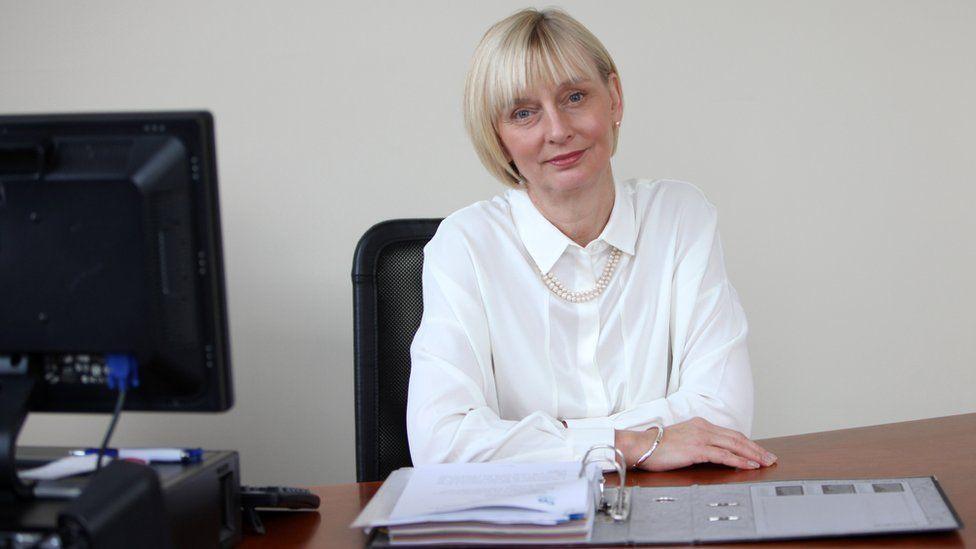
Judith Thompson's term as commissioner ended a year ago
Stormont's first and deputy first ministers have been criticised for the delay in appointing a new victims' commissioner for Northern Ireland.
Judith Thompson's term ended last August and she has yet to be replaced.
The Executive Office has said it could take up to six months to complete the recruitment competition.
But the Ulster Unionists said a new commissioner was urgently needed to help oppose Westminster's legacy proposals.
Last month, the government announced plans to ban all Troubles-related prosecutions- a move rejected by all of the main Stormont parties.
Ulster Unionist assembly member Mike Nesbitt, who is also a former victims' commissioner, said he was concerned the "most powerful, independent voice representing victims" was missing from discussions about the legislation.
"Both the DUP and Sinn Féin say they are against this statute of limitations so why delay in appointing a commissioner who can reflect to the secretary of state the apparently unanimous view of victims that an amnesty is a betrayal of their interests?" he added.

Mike Nesbitt says a "powerful, independent voice" is needed to represent victims
Independent assembly member Claire Sugden, a former Stormont justice minister, said she believed the decision to appoint a new commissioner has been "lost in the politics".
"[Victims] need that advocate, they need that focus and access to decision-makers and policy-makers, and that is what that commissioner role is there to do," she said.
'Incredibly difficult job'
Alan McBride from the victims' group Wave Trauma Centre believes there has never been a more important time to have a victims' commissioner.
"We are facing a lot of movement in the sector with legacy proposals coming down the track from the UK government," he told BBC Radio Foyle.
"We need a strong champion to speak truth to power and stand up for victims right across the board," Mr McBride said.
The person who eventually succeeds Ms Thompson in the role would have "an incredibly difficult job ahead of them", he added.
"It's very difficult because you're answerable to a first minister and deputy first minister who are on opposite ends of the spectrum on how they view victims and survivors and how they view legacy."
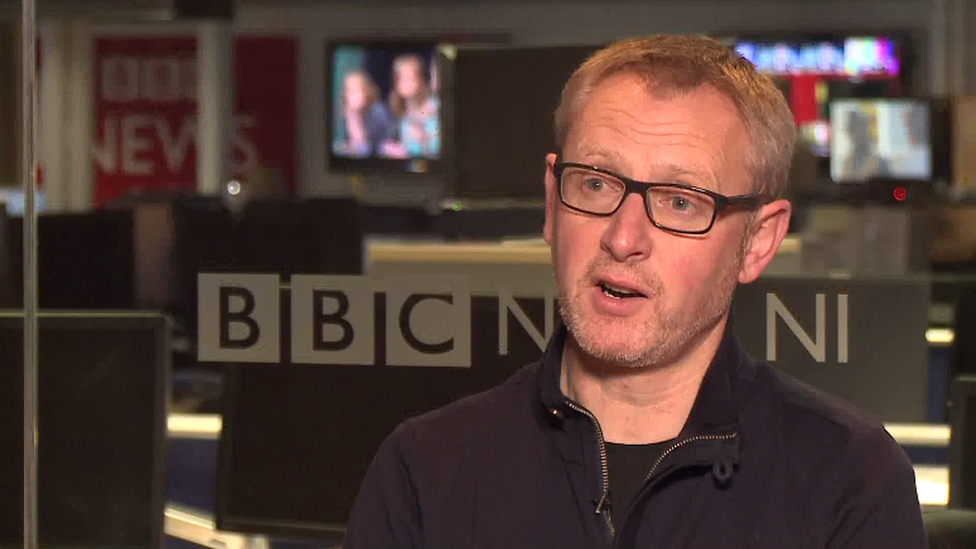
Alan McBride says there has never been a more important time for a victims' commissioner
When Ms Thompson was not reappointed as victims' commissioner last year, it was not clear why.
As commissioner she had to comment on a number of disputed legacy issues, including a delay to the payment of Troubles pensions and the definition of a victim.
She faced criticism over advice she presented to the government about pension-type payments for people injured during the Troubles, which gave no distinction between victims of terrorist attacks and those who had been hurt while carrying out attacks.
Since Ms Thompson's tenure ended, the logjam over the Troubles pension has been mostly resolved with applications to the scheme now set to open at the end of August.
The parties remain at odds over the definition of a victim but have said they are all committed to opposing the government's latest legacy proposals.
The proposals include provisions for a statute of limitations, a legal mechanism which would bar future prosecutions.
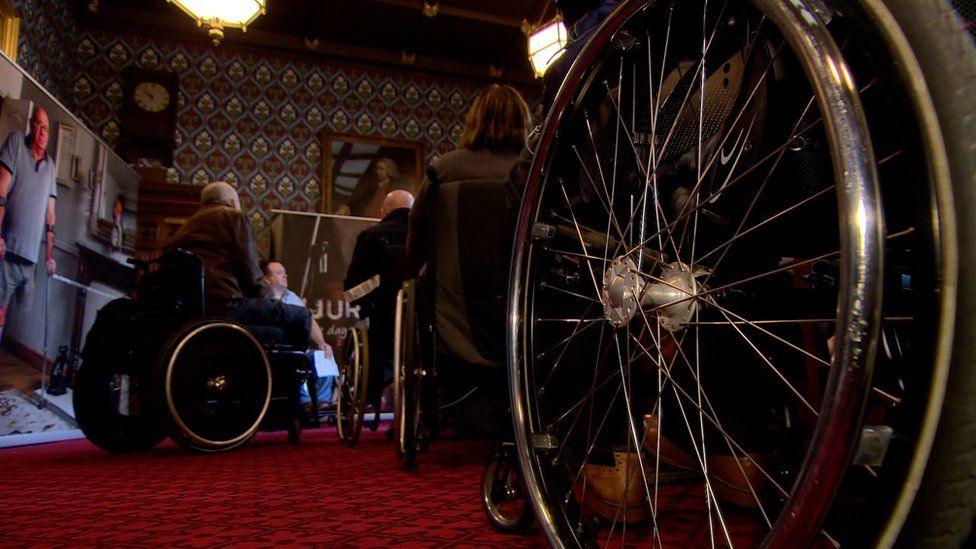
Victims' groups have suggested the role of commissioner is in need of reform
It would apply to former members of the security forces and to former paramilitaries.
It would also end future inquests and civil actions.
Six months until recruitment
Talks were due to take place throughout the summer with officials in London and Dublin in a bid to reach consensus.
The victims' commissioner role was initially created by the Northern Ireland Office in 2005 but in recent years some victims' groups have suggested the role is in need of reform.
The Executive Office said officials were working to finalise documentation for the latest recruitment process.
"We recently approved the comprehensive documentation required to begin the recruitment process for a new commissioner for victims and survivors," it added.
"The Commission for Victims and Survivors is regulated by the Commissioner for Public Appointments and, as such, the appointment process must comply with the code of practice for ministerial public appointments.
"It is estimated that it will take up to six months to complete a recruitment competition."
Related topics
- Published14 July 2021
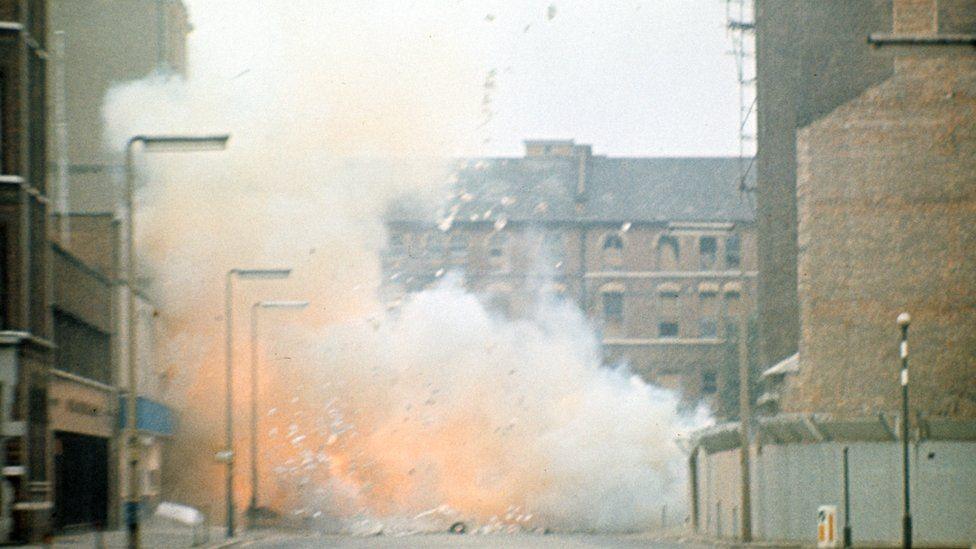
- Published14 July 2021
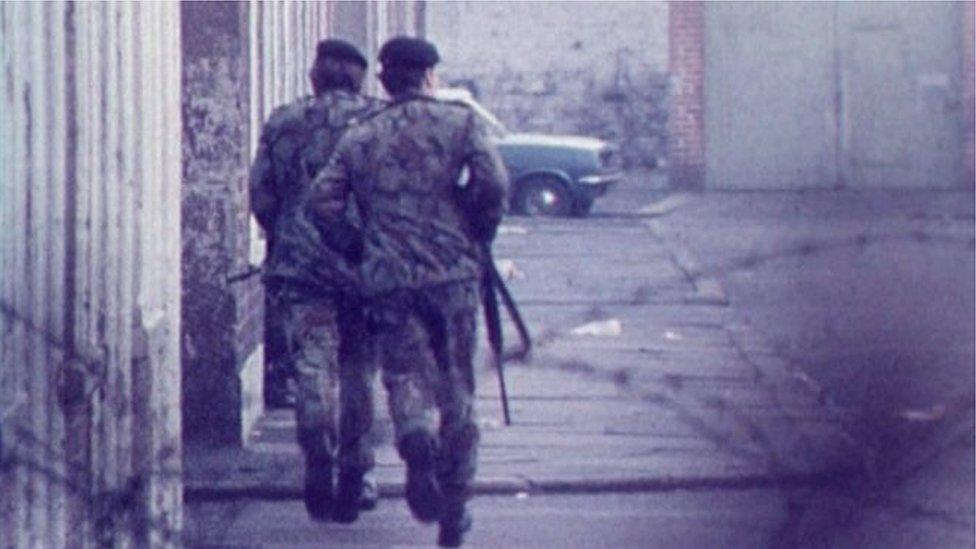
- Published29 July 2020
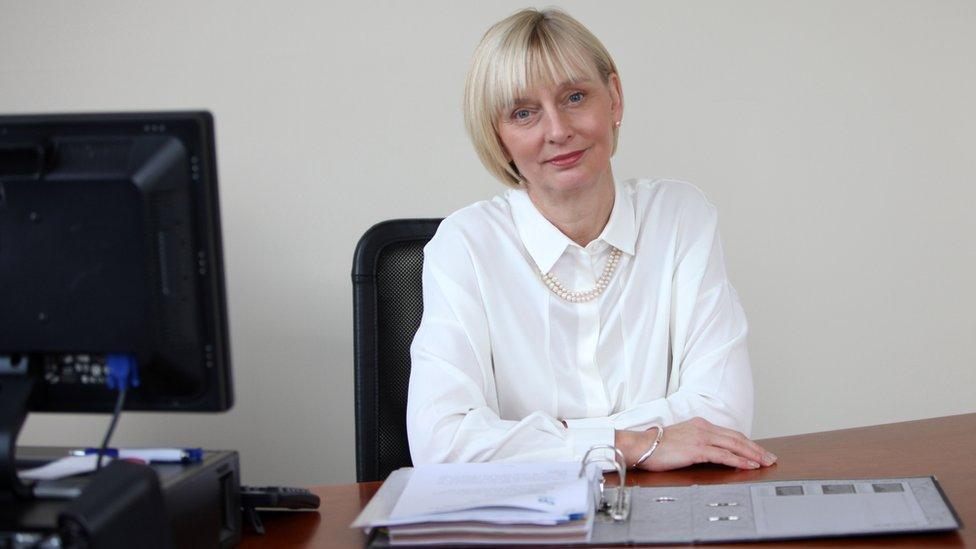
- Published12 April 2021
